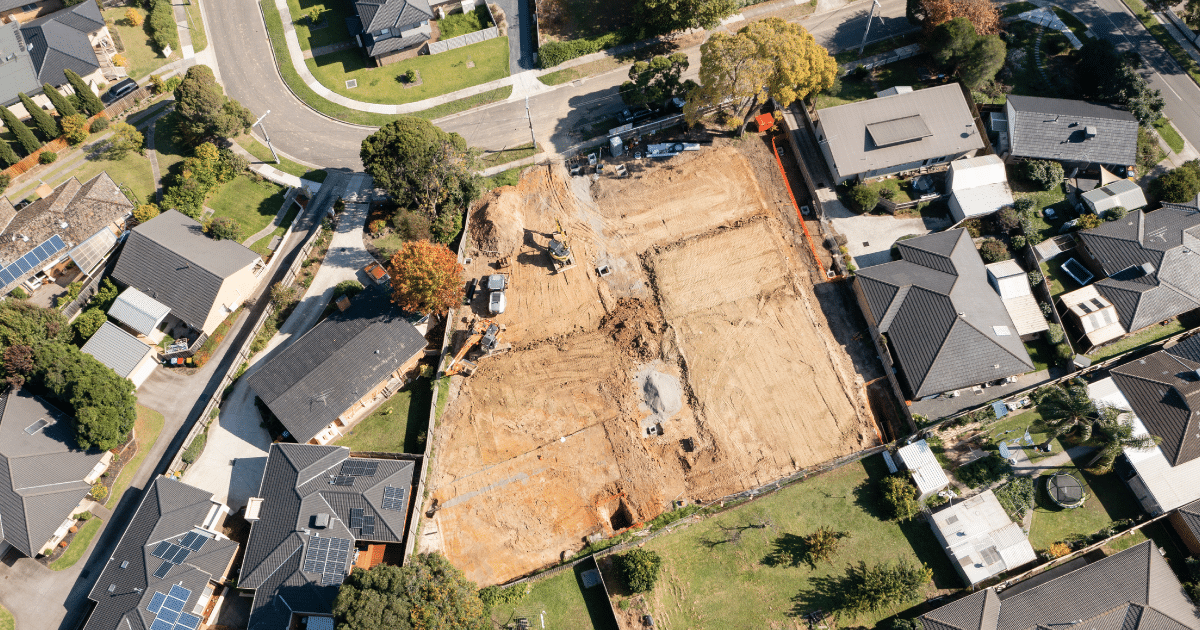Introduction
In the dynamic world of Arizona real estate, understanding land planning terms is crucial for students, real estate professionals, and anyone involved in property development and management. This article delves into essential terms and concepts, providing a clear understanding of the legal and regulatory framework governing land use in Arizona.
Land Planning Terms
1. General Plan The General Plan is a long-range, comprehensive guideline for a community’s physical development. In Arizona, every city and county is required to have a General Plan, which outlines the municipality’s goals, policies, and strategies for growth and development. It addresses a range of topics including land use, transportation, environmental resources, and housing.
2. Master-Planned Community A Master-Planned Community is a large-scale residential area with a variety of amenities such as parks, schools, and shopping centers. In Arizona, these communities are designed with a cohesive vision in mind, often including different types of housing and extensive recreational facilities, structured for a balanced, integrated lifestyle.
3. Setback A setback is a crucial zoning term referring to the minimum distance a building or structure must be located from a property line, road, or other structure. Setbacks are established to ensure privacy, reduce fire hazards, and maintain the aesthetic of a neighborhood.
4. Buffer Zone A Buffer Zone in land planning is an area of land between two different uses, like a residential area and a commercial district, used to mitigate the impacts of one use on the other. In Arizona, buffer zones often include landscaping, fencing, or natural barriers.
5. Zoning Zoning refers to the municipal process of dividing land into zones where certain land uses are permitted or prohibited. The typical zoning categories in Arizona include residential, commercial, industrial, and agricultural. Zoning regulations govern aspects such as building size, placement, and the type of activities allowed.
6. Non-Conforming Use (Grandfathered Rights) Non-conforming use, commonly referred to as grandfathered rights, occurs when a property’s use predates current zoning regulations. In Arizona, such properties are generally allowed to continue their existing use despite not complying with current zoning standards.
7. Variance A variance is a legal exception to the current zoning requirements. Property owners in Arizona may apply for a variance when their property has unique characteristics that prevent the standard application of zoning laws, or when adhering to zoning laws would cause unnecessary hardship.
8. Natural Open Space Natural Open Space refers to undeveloped land in Arizona that is preserved for recreational, aesthetic, environmental, or agricultural purposes. This concept is significant in land planning as it helps maintain the natural landscape, supports biodiversity, and offers residents recreational opportunities.
Remembering These Terms For The Exam
When preparing for a real estate exam, mastering the extensive vocabulary can be daunting. A key strategy is to create a personalized study system. Start by breaking down the terms into manageable categories, such as legal terms, financial terms, and property types. Utilize flashcards, both physical and digital, as they offer a versatile and effective way to memorize and test your knowledge. Incorporate visual aids like mind maps or charts to connect related terms, helping you understand the context and relationships between different concepts. Regularly revisiting these terms over spaced intervals is crucial; don’t just cram before the exam. Instead, engage in frequent, short study sessions. Associating terms with real-life examples or case studies can also cement your understanding. Remember, consistent and active engagement with the material is more effective than passive reading, so find ways to incorporate these terms into your daily conversations or observational activities.
Summary
Understanding these key land planning terms is vital for trying to pass the Arizona real estate salesperson or broker exam. Familiarity with these concepts not only aids in compliance with regulatory standards but also enriches one’s understanding of the broader real estate landscape.
*Please be advised that this is intended for students wishing to pass the Arizona real estate licensing exam and NOT legal advice. Please consult with an attorney and your state’s department of real estate for more information.




